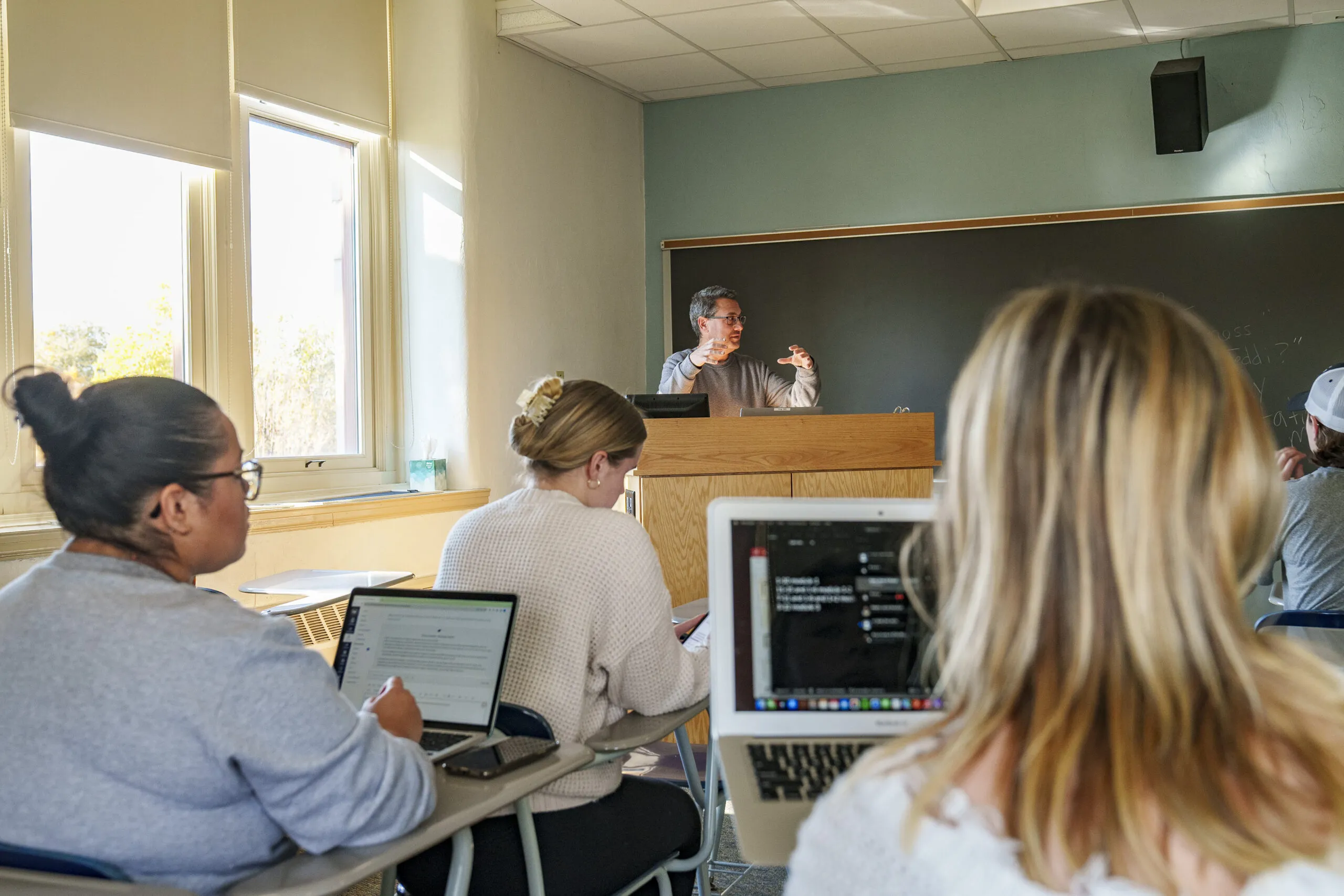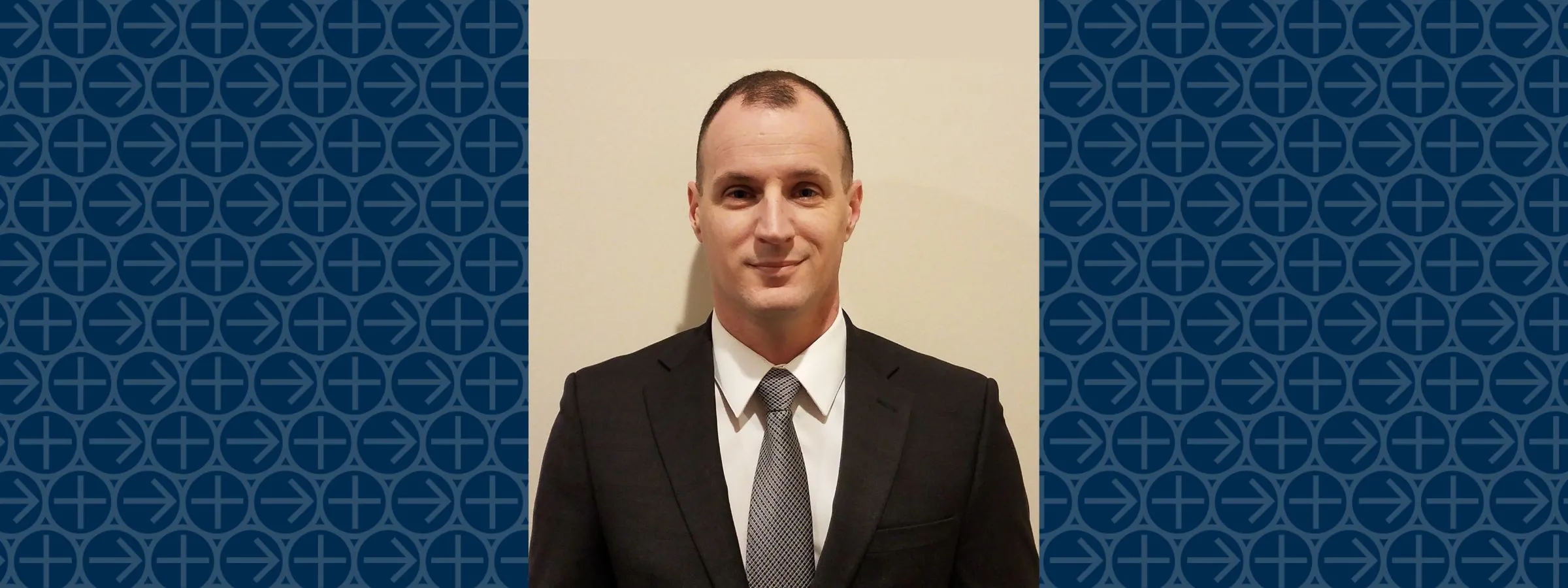
LVC News
- Accounting
- Accounting/MBA 3+1
- Actuarial Science
- Allwein Scholars
- Alumni Profiles
- Applied Kinesiology
- Athletic Training
- Athletics
- Audio Music Production
- Awards
- Biochemistry & Molecular Biology
- Biology
- Breen Center
- Business Administration
- Campus
- Chemistry
- Clinical Exercise Physiology
- Clinical Mental Health Counseling
- Community Service
- Computer Science
- Creative Arts
- Creative Writing
- Criminal Justice
- Cyber Defense and Homeland Security
- Data Science
- Digital Communications
- Economics
- Education
- Engineering
- English
- Environmental Science
- Esports
- Exercise Science
- Faculty Profiles
- Gallery
- German
- Giving
- Graduate Studies
- History
- Honors
- Intelligence and Security Studies
- Interaction Design
- International Business and Policy
- LVEP
- Marketing
- Mathematics
- MBA
- Medical Humanities
- Medical Laboratory Science
- Music
- Music Business
- Music Education
- Neuroscience
- Nursing
- Physical Therapy
- Physics
- Political Science
- Pre-Law
- Pre-Medical Professions
- Psychology
- Self-Designed
- Social Justice and Civic Engagement
- Sociology
- Spanish
- Speech-Language Pathology
- Sport Performance
- STEM Education
- Student Profiles
- Study Abroad
- Sustainability
- Transfer
- Undecided/Exploratory
LVC’s New Cyber Defense and Homeland Security Degree: Protecting from a Policy Perspective

Today’s employers have their choice of computer science graduates who can do programming and coding, but they struggle to find the communicators and analysts who can protect them from the constant bombardment of global risks.
Lebanon Valley College is filling the gap with a new, custom-designed and customizable bachelor’s degree in Cyber Defense and Homeland Security. Unlike computer science and digital communication programs, the nontechnical Cyber Defense and Homeland Security program delves into the macrolevel functions of protecting democracy and society from looming threats.
Private and public employers need people who can ward off the dangers inherent in technology, extremism and terrorism, climate change, border security, use of opensource intelligence, and other pressing challenges.
“Employers who do business in security-sensitive areas want people who can write, conduct research, apply best practices, and focus on the guidelines that protect the nation’s critical infrastructure,” said Program Director Dr. Chris J. Dolan, LVC professor of political science and director of the M.S. in Intelligence and Security Studies. “Lebanon Valley College sought the input and guidance of these employers as we designed this program, to assure relevant learning for this century’s most in-demand and impactful jobs.”
The Cyber Defense and Homeland Security bachelor’s degree explores cyber compliance, ethical use, and cyber policy regulation and management within the 16 sectors designated by Homeland Security as vital to a functioning society. These critical infrastructure designations include the chemical, communications, critical manufacturing, defense industrial base, emergency services, energy, food and agriculture, information technology, and healthcare and public health sectors.
Jobs to help protect these sectors include criminal intelligence analyst, cyber security analyst, disaster response coordinator, media exploitation analyst, government policy advisor, and information security analyst. The post of intelligence analyst pays a median annual salary of $112,000 with less than five years of experience and was cited by U.S. News & World Report as the #1 job in the nation in 2022.
These posts are in high demand but understaffed nationwide, with hundreds of thousands of openings. LVC designed the Cyber Defense and Homeland Security degree, planned for full launch in fall 2024, to give students the skills needed to fill them.
While students in the program will take computer science and digital communications courses, the bulk of their studies will concentrate on the skills needed to understand and apply best practices to defend against threats, known and unknown. They will learn to account for such legal issues as privacy and personal freedom, plus compliance, ethics, security risk analysis, and information security.
They will become adept at operating in the place where government regulations and strategies establish defense shields around the 16 critical infrastructure sectors. Federal and state governments have a deep interest in the security of these crucial fields, but at least 80 percent of assets are in private hands. People who can deftly function in the public-private collaborative space will be in demand while they find career fulfillment in work that keeps Americans safe.
“This program is more about the broader strategic and operational level of cyber defense than the tactical and technical level,” said Dolan, a two-time Fulbright Scholar who applied his expertise in international relations, terrorism and extremism, and national security to create the new degree. He was recently selected as a U.S. Department of State Cyber Defense Specialist in Kosovo for the spring 2024 semester.
The program is flexible and experiential. Students have the opportunity to study international regulations and norms governing cyber relations and cyber warfare through LVC’s International Human Rights Law study-abroad program in Maastricht, The Netherlands. They can get hands-on experience through internships with government and industry employers. As they explore the breadth and depth of the field, they can focus on the areas that interest them.
“We want to meet the students where they are and where their interests are,” said Dolan.
LVC’s multidisciplinary approach incorporates social sciences, criminal justice, and policymaking, for a less technical take than other colleges offer. The result is well-rounded students steeped in communications, collaboration, and critical thinking. Students graduate with the ability to examine issues from multiple perspectives and take steps to ward off the risks threatening cherished institutions – for instance, activating in the place where climate change meets critical infrastructure, or extremism meets the pillars of democracy.
“The program is flexible because it has to be,” said Dolan. “The interests of students change as global and national threats change, and they want to be there to respond in the real world.”
Interested? Visit LVC Cyber Defense and Homeland Security to learn more about the degree that takes you places and keeps the U.S. safe from harm.
– Diane McCormick, author and freelance writer
diane@mdianemccormick.com | www.mdianemccormick.com | 717-805-6855




